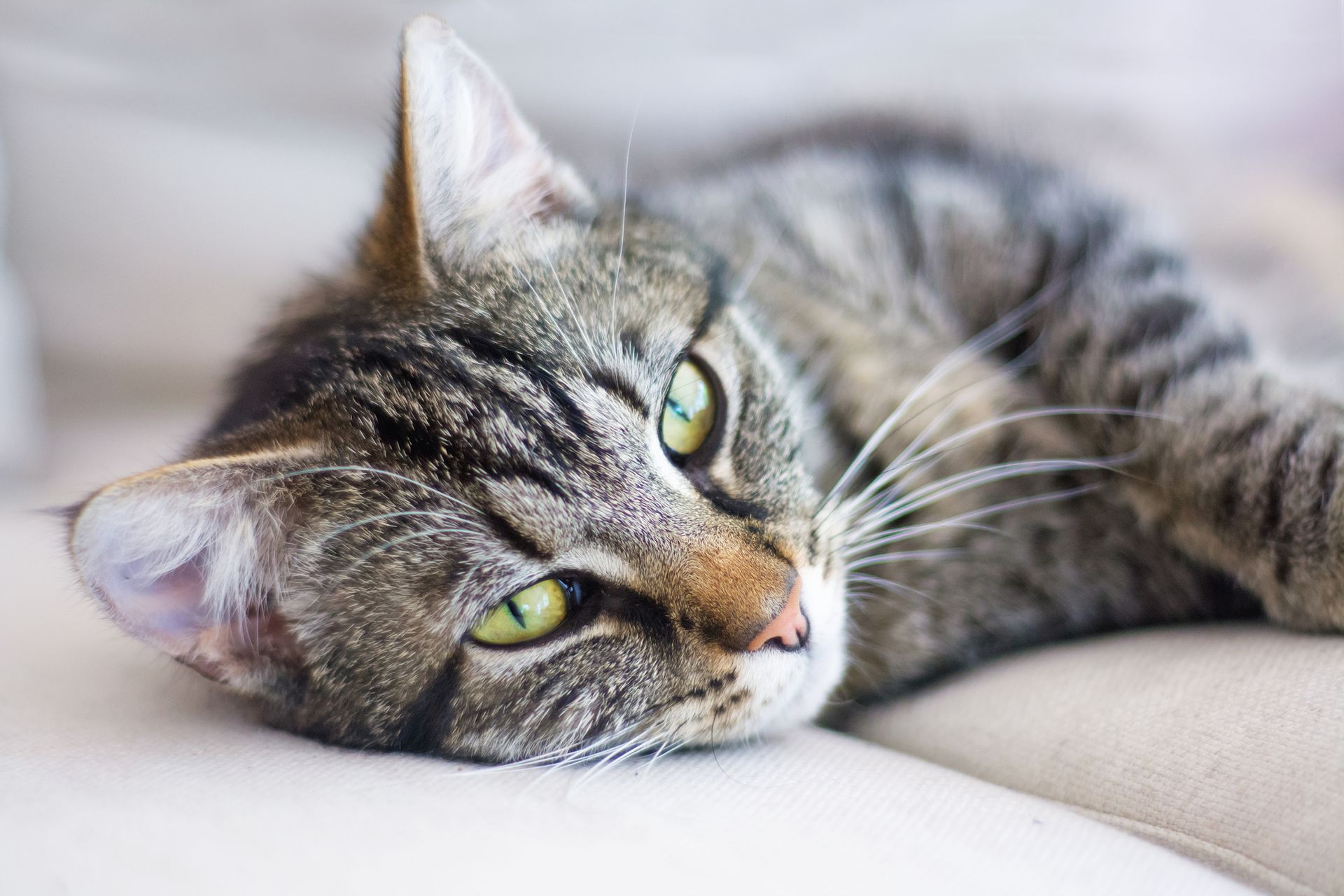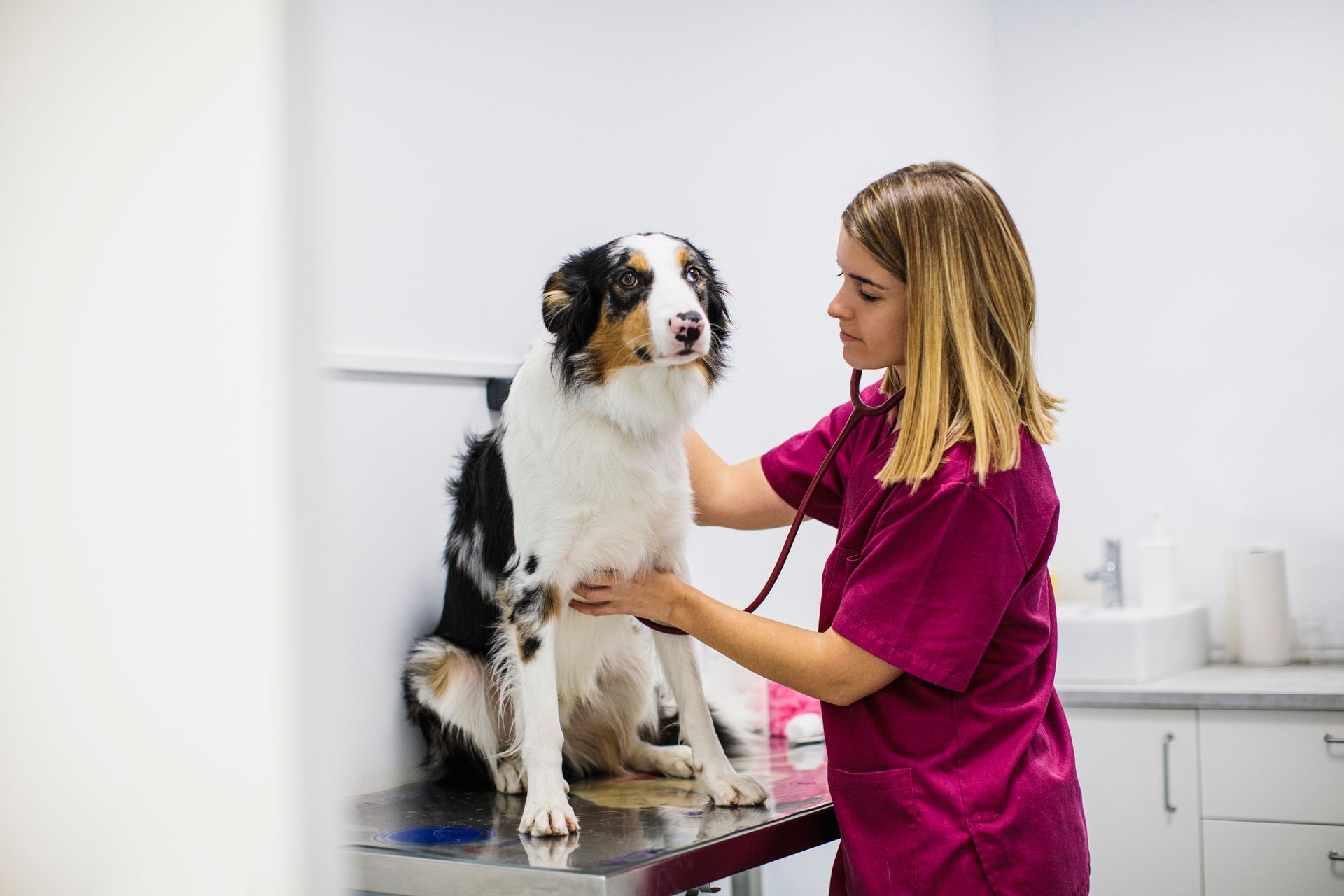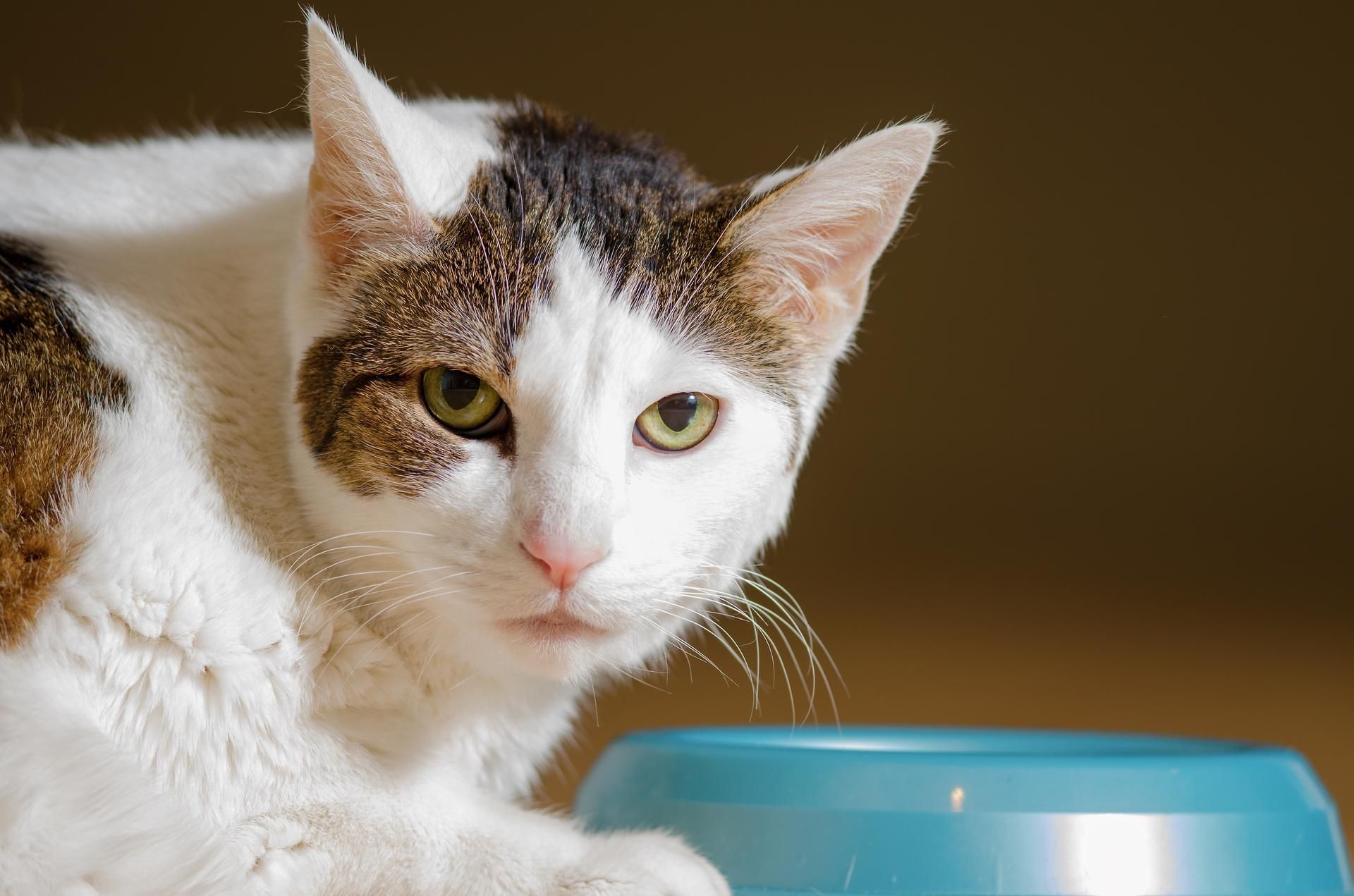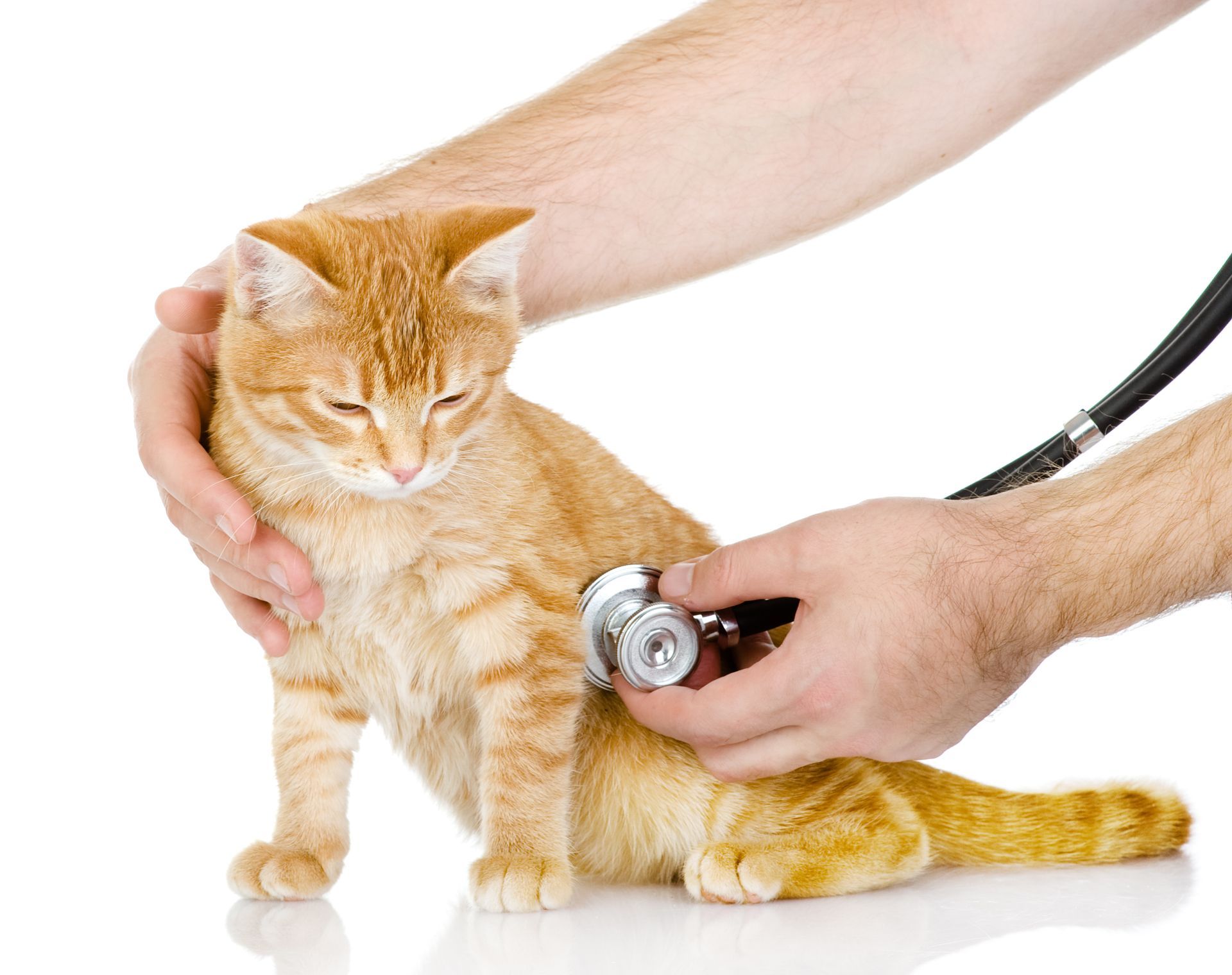What Happens When a Cat Is Exposed to the Feline Leukemia Virus?

Anyone who cares for cats has likely heard of feline leukemia virus (FeLV). This virus can be found worldwide, and is transmitted via direct contact between infected and non-infected cats.
Some cats are exposed to FeLV when sharing a litter box or food dishes with an infected cat. Others can be exposed to the virus after being bitten during a fight by a cat who is infected. Many cases of FeLV exposure occur while cats are still very young. An infected mother can give birth to kittens with FeLV, or an infected mother can pass the virus on to her kittens during grooming.
FeLV has the potential to cause a range of health issues. Everything from cancer to immune-mediated diseases and anemia have been traced back to FeLV. Learn more about the potential outcomes of exposure to FeLV so that you will be prepared to better care for your cat in the future.
1. Abortive Infection
One possible outcome of exposure to FeLV is abortive infection. This is a term used by veterinarians to describe circumstances where a cat's natural immune system is capable of eliminating any FeLV cells before they have a chance to spread through the rest of the body.
The immediate removal of these FeLV cells will prevent a cat from developing any symptoms or secondary infections related to FeLV. A cat with an abortive infection outcome will not be prone to persistent infection over time.
The best way to determine if your cat has an abortive infection response after being exposed to FeLV is to have your veterinarian run a blood test to check for the presence of FeLV cells.
2. Regressive Infection
Cats who have a regressive infection response when exposed to FeLV are at a higher risk of developing health issues than those with an abortive infection response.
Regressive infection refers to a cat who has been exposed to FeLV, had the FeLV virus cells spread to major organs or bone marrow, and then had the body's natural immune response kick in to eliminate virus cells from the bloodstream.
As long as the cat's immune response isn't compromised, the FeLV virus will remain dormant and contained. As soon as the immune system is compromised by an infection or injury, FeLV cells can begin circulating once again.
Cats with a regressive infection response to FeLV exposure are contagious when the viruses are traveling through their bloodstream. You will need to work closely with your veterinarian to ensure the FeLV infection doesn't progress, and to prevent your cat from spreading the infection to other felines.
3. Progressive Infection
When a cat's immune system isn't able to eliminate FeLV virus cells effectively, they continue spreading through the major organs and lymph nodes. These cats are said to have a progressive infection response.
A cat with a progressive infection response is permanently and persistently infected. The risk of these cats developing FeLV health problems is incredibly high. Unfortunately, a number of years can pass between a cat's exposure to the FeLV virus and the onset of chronic infection symptoms.
Cats with a progressive infection response are contagious from the moment of infection. You must schedule routine testing for your cat if you want to be sure that he or she doesn't carry FeLV cells that can be passed along to felines that he or she comes into contact with regularly.
Managing the health of your cat can be challenging. This is especially true for cats who have possibly been exposed to the FeLV virus. Contact Angel Pet Hospital for help diagnosing and managing FeLV in your feline friends.

















